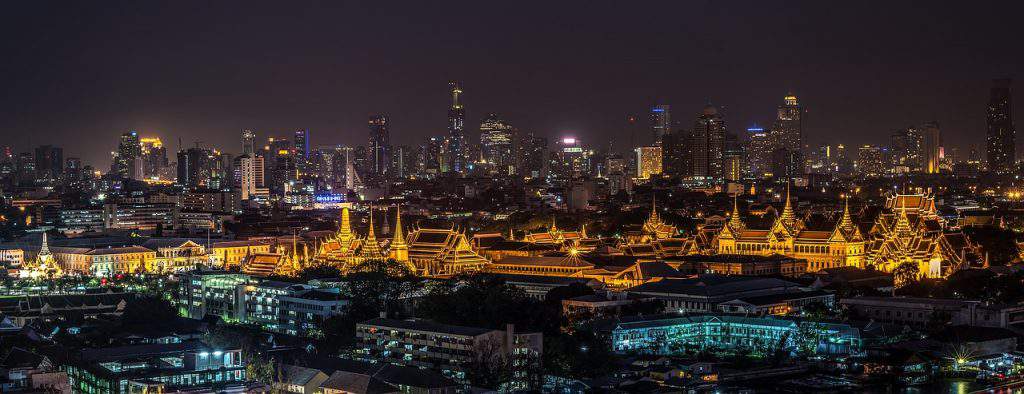Beyond tourism – A Hungarian House was opened in Bangkok

Change language:
For decades, we mainly knew Thailand for its pleasant, sandy beaches. In the imagination of the world – and Hungarians – it was kept count of as the destination of dream holidays. But today, Thailand is something much more: it is a dynamically developing economic middle power driven by a quickly developing industry and world-class agriculture. So Hungarians don’t only go there on holidays anymore – they also go with the aim of doing successful business, GLOBS Magazine said.
Thailand is one of the determining partners of the ASEAN (Association of Southeast Asian Nations) integration, it is a regional middle power and one of the most perspectival destinations of Hungary’s eastern opening. In 2015 and 2016, it was our second most significant trade partner – after Singapore – in the Southeast Asian region, our 9th most important trade partner in the whole of Asia and our 13th most important export market.
Our export to Thailand grew by 15.3% – from 85 million USD to 98 million USD – in 2016.
Geographically, Thailand is located in a region with a bright outlook for economic growth and a relatively young population, which means a constant workforce supply and a constantly growing market for the upcoming decades. This region is Southeast Asia, populated by 600 million people, rich in human and natural resources, where the economic growth reached 6.3% in 2017.
Similarly to the other economies of the world, the Thai economy was smitten by several storms in the past years. It’s quite surprising that despite all this, the Thai economy and the Thai currency, the baht, has grown stronger, not like many other national economies and currencies of similar type. The power of the Thai economy is best shown by some surprising data. For instance, the country has the 13th greatest touristic income in the world, its agriculture is ranked in the 15th place, while its industry is listed in the 17th place on the world ranking. Concerning the purchasing power parity,
Thailand has the world’s 24th biggest economy.
“The relationship between Thailand and Hungary has been active since the middle of the 1990s, the country is one of the most beloved exotic winter destinations for Hungarian tourists. Thailand – dwelled by 67 million people – offers many other economic and trade opportunities as well” emphasised Sándor Urai, leader of the Hungarian Trade & Cultural Centre (HTCC), at the inauguration ceremony in Bangkok. The import from Thailand to Hungary exceeds 100 billion forints (cca.320 million euro) every year, Hungarian companies deliver goods worth around 30 billion forints (roughly 100 million euro). The Thai restaurants, massage salons found in Hungary are very popular, but several Thai inventions, such as the Red Bull, have conquered the world. However, the investment relations between the countries remain modest. Our most successful investor has been the Thai President Food so far – an enterprise registered in Thailand with a capital of 7 million euros producing instant pasta – which invested 2 million euros in its factory located in Esztergom. On the other side, Hungarian investors constructed a solar cell factory in Chachoengsao province and executed a great volume hotel industrial investment on the island of Samui. But the opportunities cover a much wider horizon.






